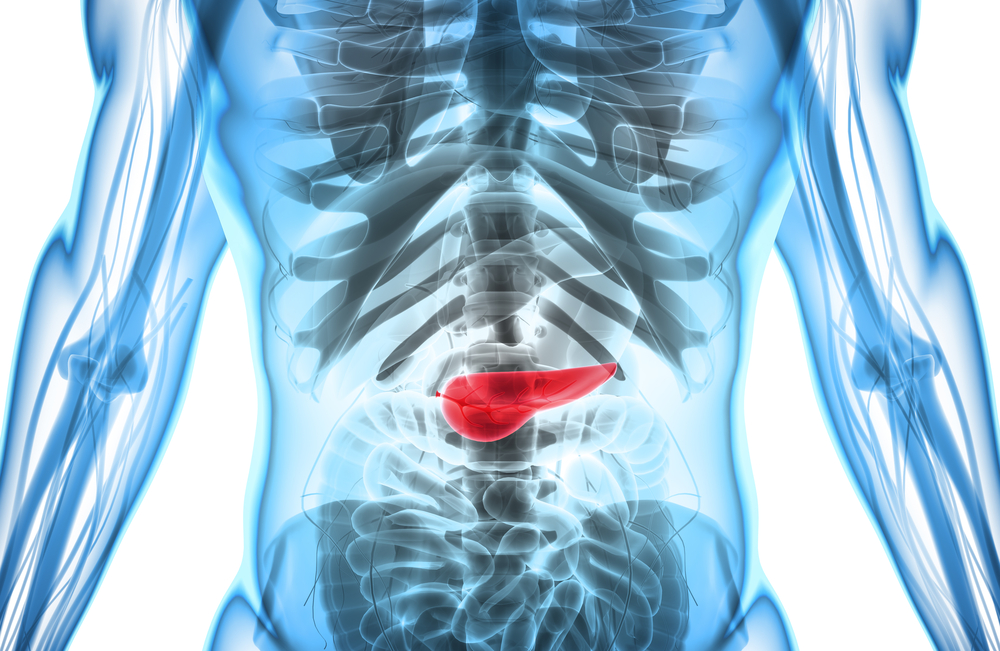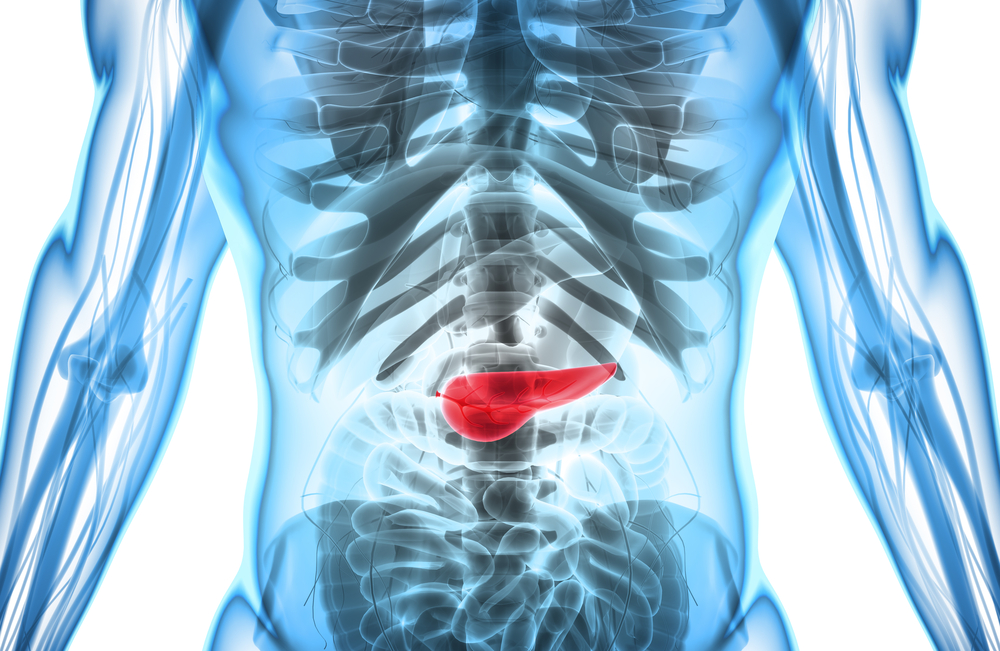Pancreatic cancer is a disease with one of the lowest 5-year survival rates, yet very little attention is given to this sensitive, essential organ. Meanwhile, acute pancreatitis is a medical emergency that can be life-threatening without rapid treatment. These are two largely avoidable reasons why you should be kind to your pancreas gland. Here are a few others:

- Manufactures insulin, for glucose transport to body cells for energy
- Manufactures glucagon, for signaling cells to release stored glucose back into circulation
- Manufactures pancreatin, a collection of digestive enzymes needed to release glucose, fatty acids and amino acids from food so you can use these nutrients for building, cleansing and maintenance activities
How to be kind to you Pancreas
- Eat fewer refined carbohydrates, especially sweetened, carbonated beverages. Consumption of these has been associated with an elevated risk of pancreatic cancer.
- Minimize your alcohol consumption. High intake is associated with pancreatitis.
- Reduce saturated fat intake. This type of fat is used to make cholesterol, which in excess can produce gallstones. A gallstone blocking the common bile duct is the #1 cause of acute pancreatitis!
- Eat less in general. High-calorie diets can actually cause pancreatic enlargement as the workload of the organ increases with higher food intake. This kind of stress can lead to pre-cancerous changes in the tissue.
- Take digestive enzymes with your largest meal. Supplementing pancreatic enzymes will help ensure complete digestion and optimal absorption of the foods we eat. There are animal-sourced enzymes as well as vegan sources available, and if you’re an omnivore (eater of plants and animals), you can use either kind of enzyme formulation effectively. Look for ‘pancreatin’ (sourced from pork) or full-spectrum vegetarian enzymes (sourced from fungi).
Now that you know what your pancreas does for you, will it change the way you eat?
If you need assistance in making dietary modifications, you could benefit from consulting a Registered Nutritional Therapist.
